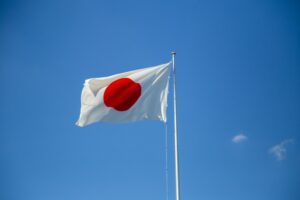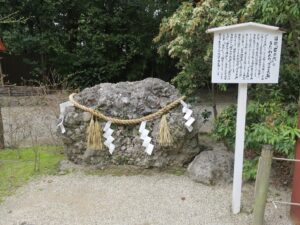JAPAN IN
ONE MINUTE 
~ Meet the “Tenno“: A Foreigner Friendly Guide to Japan’s Imperial Family ~
Hey Issy and Almis! I’m studying Japanese history right now.
Can you tell me what “Tenno” is?
“Tenno” means the Emperor of Japan, right?
Yes! Some people confuse “Tenno” with a president or a prime minister, but they’re very different roles.
Japan has a Prime Minister, who is the head of the government and makes political decisions.
But “Tenno” does not hold any political power.
So he’s like a royal mascot? But fancy?
In modern Japan, “Tenno” is considered the symbol of the nation and the unity of its people.
He attends official events and performs ceremonial duties but stays neutral and does not make any political decisions.
For example, during World War II, it’s said that “Tenno” had concerns about going to war,
but since he had no political authority, he couldn’t stop it from happening.
Sweden doesn’t have “Tenno“, but a king.
However, the Swedish king is also prohibited from participating in politics.
“Tenno” system in Japan is one of the oldest hereditary monarchies in the world.
It has a history of over 2,700 years, going all the way back to mythical times!
The current “Tenno” is the 126th in line. Incredible, right?
126?! That’s hard to even imagine!
This system has provided a strong sense of cultural continuity and stability through Japan’s long history.
According to the Imperial House Law, the position of “Tenno” is passed down through the male line.
Why only male?
That’s a good question! It has to do with genetics. Human males have XY chromosomes, and females have XX.
A male child always carries the Y chromosome from his father.
So to ensure the lineage of “Tenno” continues directly, a male successor is required.
Ah, I see. That’s a very scientific explanation!
Summary
“Tenno” or the Emperor of Japan is a symbolic figure with no political power, serving as a unifying presence for the nation. As part of the world’s oldest hereditary monarchy, the role is deeply rooted in tradition and passed down through the male line.




